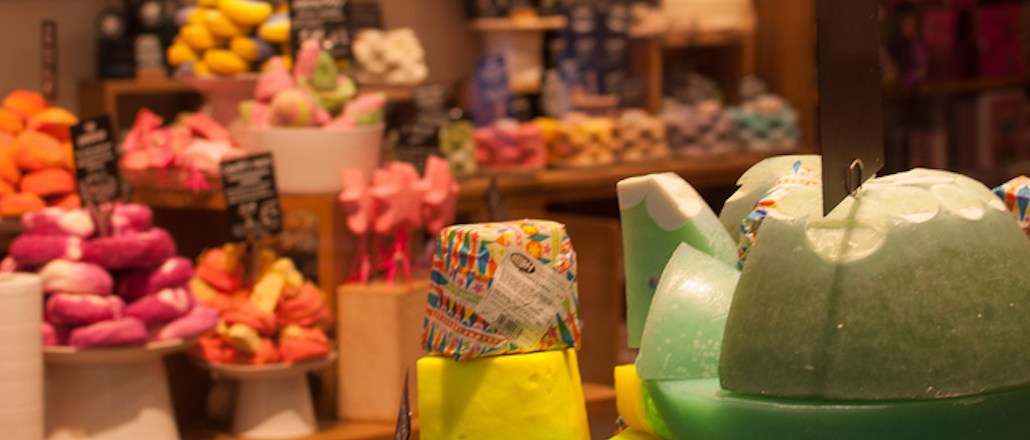Save 50% on a 3-month Digiday+ membership. Ends Dec 5.

Cosmetics retailer Lush is the first brand to relocate workers abroad following Britain’s decision to leave the European Union.
Brexit has caused concern for retailers. Consumer confidence has taken a knock since the vote, while the weakened pound is squeezing margins for those who operate internationally.
There have been murmurings that homegrown brands will relocate staff to mainland Europe while Britain’s departure is thrashed out, but none have made it official.
Until now. Lush announced last night it will offer 1,400 of its employees the opportunity to work at a new factory in Düsseldorf, Germany. As of today, 18 staffers have already made the move.
The retailer employs 38 nationalities at its base in Poole, a town on England’s south coast. After 58 percent of the town voted to leave the EU, Lush founder Mark Constantine told local newspaper the Bournemouth Echo that his staff were “not welcome and not wanted” by locals.
As part of the European Union, the U.K. welcomes workers from fellow E.U. countries under the “freedom of movement” rules. This may change post-Brexit.
Lush built its German factory to fuel its European expansion. Now that the U.K. has voted to leave the E.U., the retailer is viewing the site as a way to offer its European staffers a safe haven during this period of uncertainty. There are currently 252 staffers there.
Ad position: web_incontent_pos1
Lush’s Poole factory, which makes around half its products, will remain open to serve the British market. While no job cuts are planned, it will not benefit from Lush’s breakneck European expansion.
“No matter what uncertain future awaits, we will remain a proud British business, with a global clientele and an international outlook,” a company spokeswoman said via email.
“We like to give trade back to the areas we operate in, and this will remain a concern for us, especially because the future of British farming is uncertain after Brexit and the loss of European farm subsidies,” the rep said. “It could be that British farmers are going to need all the help they can get from British companies.”
Lush relies on imported ingredients for its handmade products, something a weak pound has made harder to do. Nicola Huet, the head of internationalization at retail consultancy Practicology, said while the move felt premature, it wasn’t a total surprise.
“The decision is very linked to manufacturing, which to some extent hasn’t been a key part of our economy for a while,” she said. The U.K.’s stronger sectors, such as digital and e-commerce, could hold back other brands from moving to the mainland, though, she added.
Ad position: web_incontent_pos2
“We are finding people are still coming to talk to us about expanding internationally,” she said. “London is still a gateway to Europe.”
Flickr images via Mike Mozart and Oscar Hansley.
More in Marketing

Ulta, Best Buy and Adidas dominate AI holiday shopping mentions
The brands that are seeing the biggest boost from this shift in consumer behavior are some of the biggest retailers.

U.K. retailer Boots leads brand efforts to invest in ad creative’s data layer
For media dollars to make an impact, brands need ad creative that actually hits. More CMOs are investing in pre- and post-flight measurement.
Ad position: web_bfu